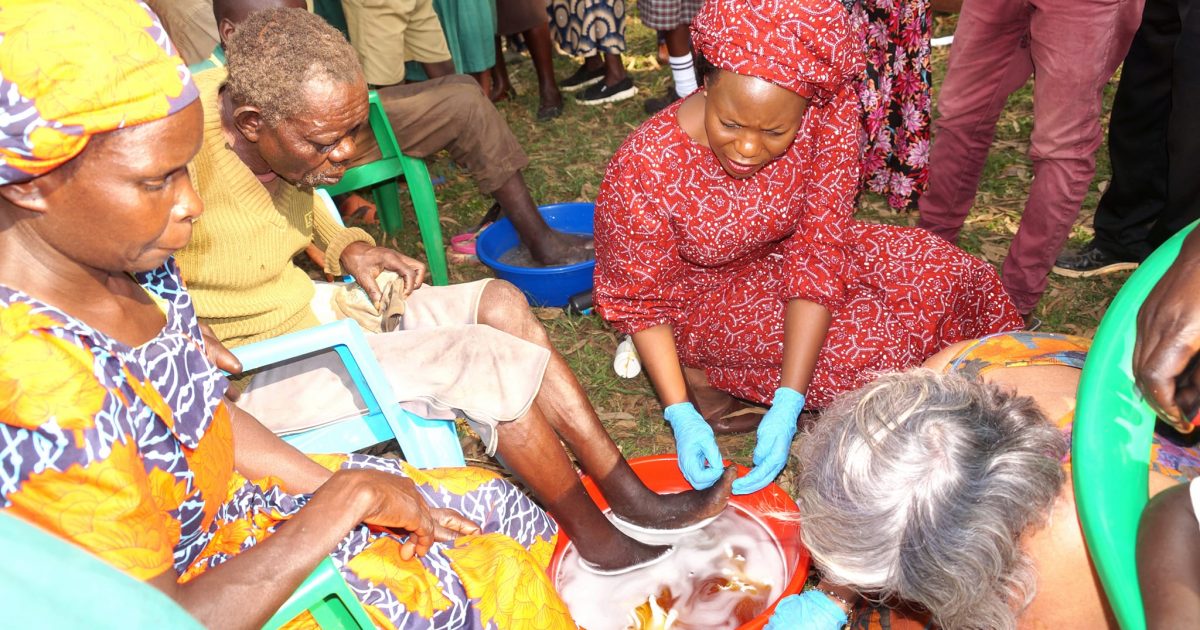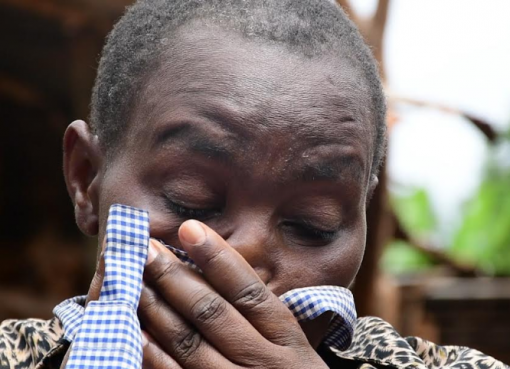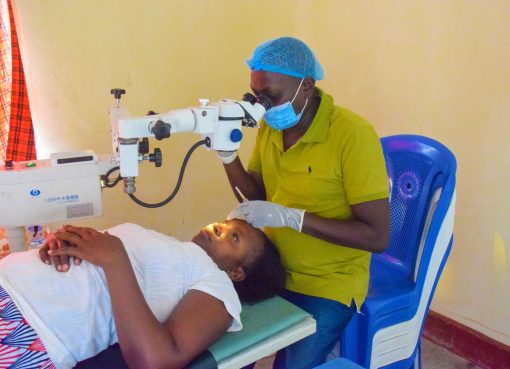Busia County woman representative Catherine Omanyo has launched an anti-jigger eradication campaign targeting over 1000 affected families across the county in an effort to mitigate the menace and stigma associated with it.
Speaking to the press at Katelenyang village in Teso south constituency, Omanyo acknowledged that even though the stigma associated with jiggers in schools has gone down, some people continue to suffer in silence.
“Jiggers are a serious health problem that can cause pain, disability, and even death. For many years, people have associated jigger’s problems with poverty and witchcraft,” said Omanyo.
The legislature added that there is a need for ministries of health and education to partner with county governments to set up sockets and fumigation exercises in schools to help curb the spread.
“The government should establish sockets in every ward that is affected by the jiggers just as a precaution to control the spread in the community,” she added.
In Busia, poverty and unhygienic conditions have been the leading contributors to the jigger menace, with children as young as three months having to bear the pain of the pests.
“Most people have been suffering in silence; that is why the Catherine Omanyo Foundation is advocating for the voiceless, restoring dignity and hope so as to reintegrate them back into society,” she added.
In Busia County, Teso South, Teso North and Butula subcounties are the worst hit, with school-going children being at high risk as the spread mainly occurs in schools due to poor infrastructure in schools.
“Jigger infestation impacts negatively on the education sector, especially in rural areas, as it affects the children’s rate of school attendance, performance in outdoor activities, academic performance and general retention,” Omanyo added.
In Kenya, an estimated 2 million people are infested with jiggers, with the prevalence in some communities being as high as 50 percent. Jigger affects the victim’s quality of life through localization in the foot, causing walking difficulties that reduce the infested person’s ability to function normally.
“One of jiggers interventions is regular fumigation of infested households, on-host treatment of reservoir animals, hygiene promotion and education, as well as disinfection of jigger wounds to prevent complications including secondary infections, disability and death,” she added.
The resident of Teso South, led by Lilian Omuse thanked the women rep for giving a second chance to the less privileged.
“In society, people don’t want to associate with families affected by jiggers for fear of infection. Such intervention will help reintegrate them back into society,” said Omuse.
In Busia, the majority of cases of affected elderly people are the result of neglect by family members and abject poverty, pushing them to stay in unhygienic conditions.
By Absalom Namwalo




